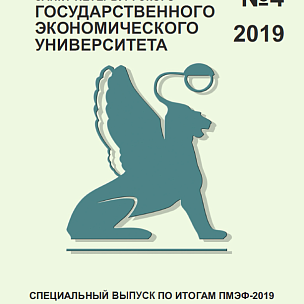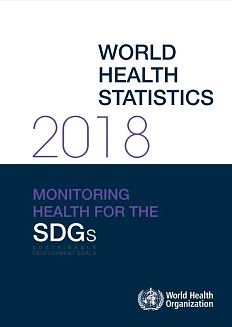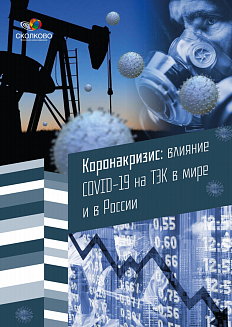The future world after the victory over the coronavirus. Rector Of Ranepa Vladimir Mau
Anlytics on the topic

On the Roscongress Foundation portal ‘Anticrisis Plan. Global Best Practices’ and in the ROSCONGRESS.ORG Information and Analytical System a report has been posted on the impact of the COVID-19 coronavirus pandemic on the economies of African countries.

The current perspectives for the formation of international energy markets are mainly due to the policy of decarbonization of world energy and the growth of energy consumption. Each country forms its energy policy based on its own fuel and energy potential and the situation on international energy markets. The global oil market is currently largely dependent on global processes with a high degree of ‘uncertainty" associated with the use of protectionist and political methods of struggle in the global world economy. «Trade wars», and sanctions increase the uncertainty of the market for the «global» energy resource — oil. The global market for «alternative» energy and technology in this area is much more defined and predictable. The introduction of «platform» economy methods in the energy sector, in combination with the macroregional form of organization of energy markets, will reduce uncertainty factors by avoiding protectionist methods, including sanctions methods, leaving them behind the «perimeter» of macroregional borders.

A new edition of the World Health Statistics series published by the World Health Organization provides a compilation of the latest health statistics and an analysis of the collected data, linking health-related indicators to the Sustainable Development Goals 2015–2030.

A study by SKOLKOVO Moscow School of Management presents various aspects of the coronavirus impact on the fuel and energy sector (FES) industries, and formulates some prospects for the further FES development.


